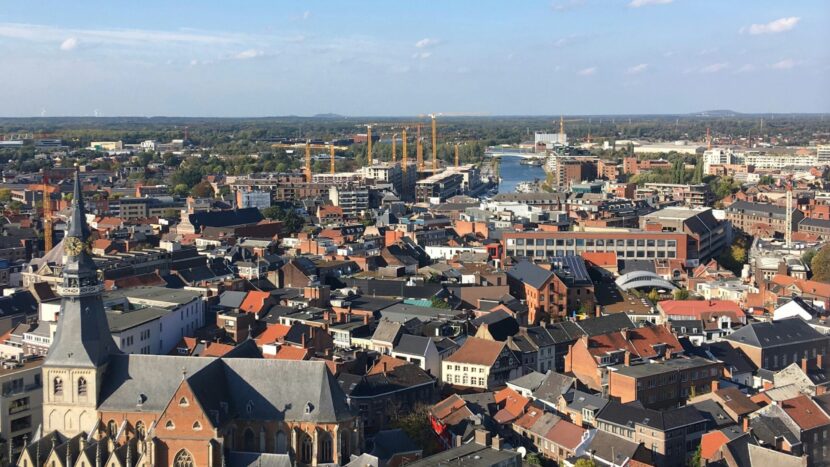Het lectoraat Beroepsonderwijs is dit jaar ook weer vertegenwoordigd op de EAPRIL 2024 conferentie, die dit keer in Hasselt (België) wordt gehouden en wordt georganiseerd door Hogeschool PXL (PXL University of Applied Sciences and Arts).
Collega’s Erica Bouw (hogeschoolhoofddocent en senior onderzoeker) en Esther Wijma (junior onderzoeker) verzorgen samen met Lisette Munneke (lector Didactiek van Onderzoekend vermogen bij lectoraat Onderzoekend Vermogen, HU) en Thieme Stap (Senior onderzoeker en promovendus lectoraat Professionele Werkplaatsen, Fontys) een ronde tafel over ontwerpgericht participatief onderzoek op dinsdag 26 november. Dit doen zij vanuit het SIA RAAK-PRO project Co-constructie van responsieve leeromgevingen in het beroepsonderwijs.
Collega Martijn Vlug (promovendus) verzorgt een ronde tafel over zijn recent gestarte promotieonderzoek, ook op dinsdag 26 november. In dit ronde tafelgesprek vertelt Martijn over zijn onderzoek naar overtuigingen en handelingen van docenten in toetstransities (zoals bijvoorbeeld programmatisch toetsen). Specifiek gaat de ronde tafel over de 1e deelstudie, namelijk het literatuuronderzoek.
Lees hieronder de abstracts van beide conferentiebijdragen:
Participatory design research on the co-construction of cross-boundary learning environments
Presenting Author: Erica Bouw, HU University of Applied Sciences, Netherlands; Co-Author: Lisette Munneke, Utrecht University of Applied Sciences, Netherlands; Co-Author: Thieme Stap, Fontys University of Applied Science, Netherlands; Co-Author: Esther Wijma, Hogeschool Utrecht, Netherlands
This round table discussion will explore the challenges and opportunities of participatory design research aimed at uncovering mechanisms for effective coconstruction of learning environments at the school-work boundary. We will share experiences of a research project that is being conducted in Dutch vocational education by researchers, practitioners and students from the context of both secondary vocational education (mbo) and higher professional education (hbo). At the table we’ll discuss how the concept of ‘co-construction’ can be applied not only in the context of designing learning environments, but also within research itself, in line with a “practice what we preach” motto.
Exploring teacher beliefs and practices in a assessment culture transformation
Presenting Author: Martijn Vlug, Utrecht University of Applied Sciences, Netherlands
Many higher education programs search for new assessment systems to promote more meaningful learning and assessment, and find a possible answer in programmatic assessment. Programmatic assessment is a comprehensive and curriculum spanning form of assessment that encourages developmental and cohesive learning [Baartman et al., 2022], and is designed to shift the focus from assessment of learning to assessment for learning, aimed at student development [Baartman & Quinlan, 2023]. However, programmatic assessment not only requires newly designed assessment systems, but a transformation of assessment culture [Harrison et al., 2017], and many teachers need to adjust their familiar beliefs and practices [Vanlommel, 2021]. Misalignment between teacher beliefs and new assessment approaches can negatively influence the implementation [Schut et al., 2020]. But what teacher beliefs and practices regarding programmatic assessment are and what factors facilitate or hinder their change is still unknown. The research question for this study is: What are teacher beliefs and practices regarding programmatic assessment, and what contextual factors can facilitate or inhibit their development? A scoping review will further conceptualize teacher beliefs and practices regarding programmatic assessment, and identify influencing factors. The conceptual framework resulting from this study will be used to guide future research and support practice.
